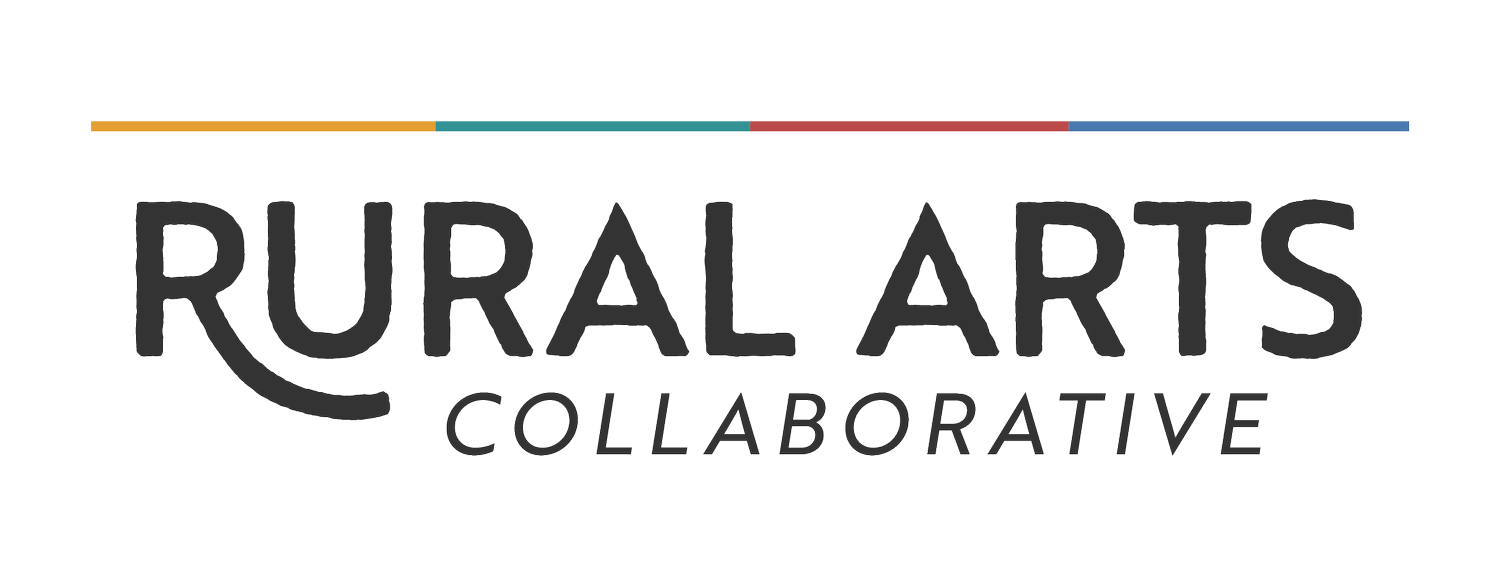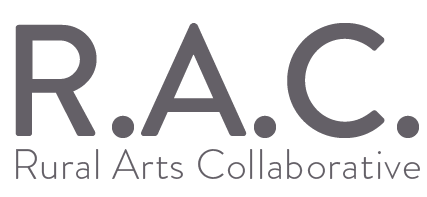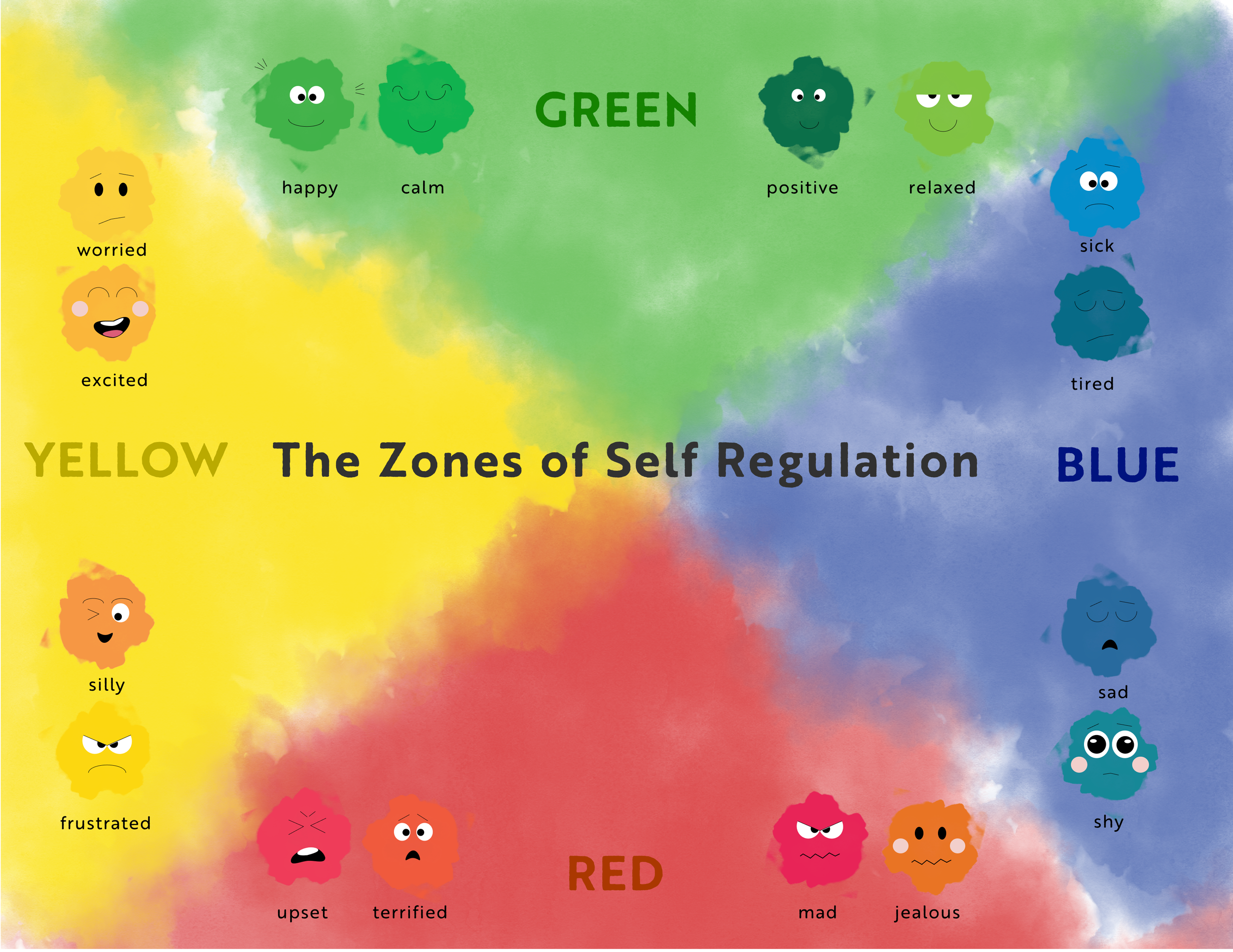Welcome!
Please participate in the self-paced training below to prepare for the next in-person staff training day.
Step 1. Download and print out the Self-Paced Training Worksheet.
Step 2. Watch or read the training topics below. Each time you complete a training segment, note the date and your reflections or questions on the Worksheet.
Step 3. When the Worksheet is complete, submit it to Virginia Lapierre at wonderkids.manager@ruralartsvt.org.
“One of the most important things we can do for children is model actions worthy of imitation.”
— Rudolph Steiner
1. The Foundations of WonderKids Afterschool
Sarah Mutrux and Virginia Lapierre envisioned a new approach to an afterschool program that combines rhythm, enrichment, and elements of family and home life in the hours between school and home. The WonderKids Afterschool program is a restorative experience for grades K-8 where children are nurtured through whole foods, exploratory creative experiences, and positive adult role models. The foundations of the program draw from the teachings of Rudolf Steiner, incorporating elements of Waldorf education and philosophy. Central to this experience is the daily rhythm intended to help students grow their emotional resilience. The rhythm, explained below, is like the metamorphosis of a butterfly: gathering nourishment during snack time, building skills and resilience during imaginative play, then resting to reflect inwardly on what they have experienced before emerging from the school setting back into the home. By serving the children, WonderKids serves the entire family, as the child brings home positive energy and creativity.
2. WonderKids Culture
Virginia Lapierre explains the philosophy, feeling, and flow of the Wonderkids Afterschool program. In other words, I’ll be teaching you what makes Wonderkids special, and what our program looks like in daily practice.
3. The Importance of Rhythm
By setting a consistent form in our daily program, children more easily come to understand and fully participate in the world around them. Finding comfort and security knowing exactly what to expect each day gives children the freedom to focus their energy on social learning, emotional development, and both gross and fine motor skills.
Our idea of rhythm is not simply a schedule, but takes into account the needs of the whole child, as well as the group: the child’s need for movement, for focused, quiet times and time to explore and direct their own play. Times to use their minds, times to use their bodies and times to use their hands.
“Too often we forget that discipline really means to teach, not to punish. A disciple is a student, not a recipient of behavioral consequences.”
— Rudolph Steiner
4. Observation for Safety and Collaboration
Here is a fun short video to help us consider and observe our surroundings to keep children in our care safe and help support our co-workers.
After you watch it, click here take this short quiz and learn more.
As you think about observation and safety, keep these helpful hints in mind:
When you start the day count your group to make sure it matches your attendance sheet. When a student gets picked up, document that they left on your attendance sheet.
Whenever you leave a room or location count students. Also count throughout the day to ensure you still have all students you should.
Have a sound, saving or action you use to let the group know that you have directions to give. It is important to use the same thing so that students know what it means. Some examples are…
Hand raised
Count down from 5,4,3,2,1
Freeze and squeeze (good for young students)
This means you stop and hug yourself
Clap Clap Clap
Say ¨Stop, Look and Listen”
5. Zones of Regulation
WonderKids mirrors the school day to use Zones of Regulation to help staff understand the emotional and energetic state of the children, and help them utilize familiar strategies to cope.
Click here to read about the Zones of Regulation and common exercises.
6. Strategies for Calming and Deescalating
WonderKids partners with Orleans Southwest Supervisory Union and the schools in this SU use Handle with Care, which is summarized in this video. Please note that when they talk about therapists this is also the role of WonderKids Staff.
Also WonderKids Staff should only be doing what they refer to as “Stages 1 and 2.” The only person who might be on site who is trained to do Stage 3 is staff who have a behavior role in the school during the school day.
It is advised that a parent is called to come get a student who has reached Stage 2 to prevent them escalating to Stage 3.
If possible and there is enough staff to do so the rest of the group should be moved to another location if a student gets to Stage 2. If this happens it is best to have two staff stay with the student who is needing support. Only one staff member needs to be the Solid Object but it is best for the other staff to be back and just offer support if needed. This is a way to protect all staff involved.
If you have more questions about this please contact Virginia Lapierre at wonderkids.manager@ruralartsvt.org
“There are no bad kids, just impressionable people wrestling with emotions and impulses, trying to communicate their feelings and needs the only way they know how.”
— Janet Landsbury
7. Positive Behavior Intervention Strategies
At WonderKids, we believe that behavior is communication. Watch this slide presentation to learn strategies and tips for hearing what the children in our program are saying with their behaviors.
WonderKids uses this Behavior Report Form to document notable behaviors in our students and the steps that we have taken to support them. Review the form and discuss it with Virginia Lapierre as needed.
Safety doesn’t happen by accident.
8. OSSU Compulsory Trainings
-

Confidentiality
Be aware of your responsibilities regarding privacy of student records. Take quiz.
-

Mandated Reporter
Information and guidance for mandated reporters from the Sate of Vermont. Take quiz.
-

Bullying, Harassment, Hazing
Understand what Bulling, Harassment, and Hazing are, and how to react and report it. Take quiz.
-

Blood Born Pathogens
Learn about blood born pathogens and how to prevent transmission, then click here to take this quiz.
-

Allergy Awareness
Learn about common and dangerous allergies and how to react and keep children safe, then click here to take this quiz.
-

Act 1: Sexual Violence Prevention
Learn what sexual violence is, how to report it, and how to prevent it, then click here to take this quiz.
“Children want the same things we want. To laugh, to be challenged, to be entertained and delighted.”
— Dr. Seuss




